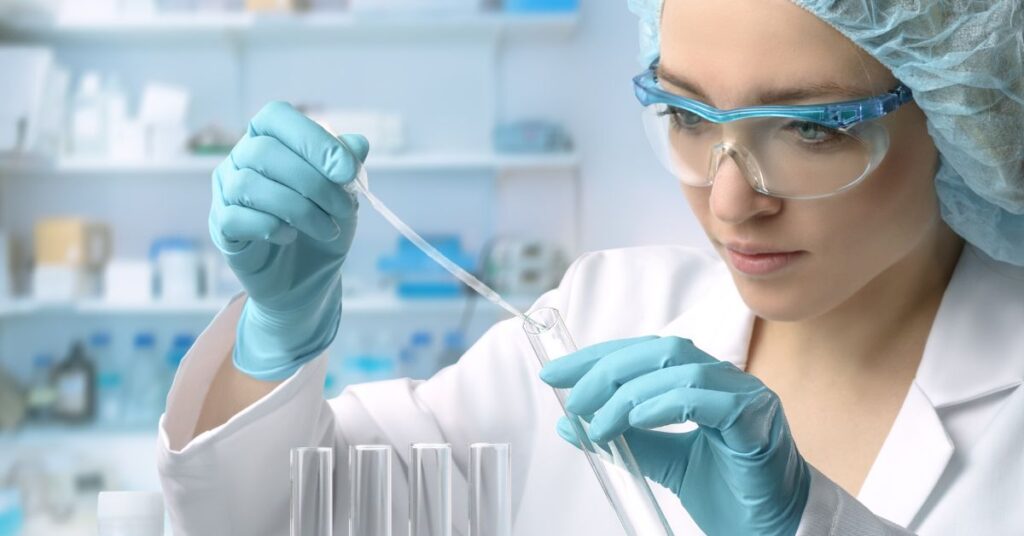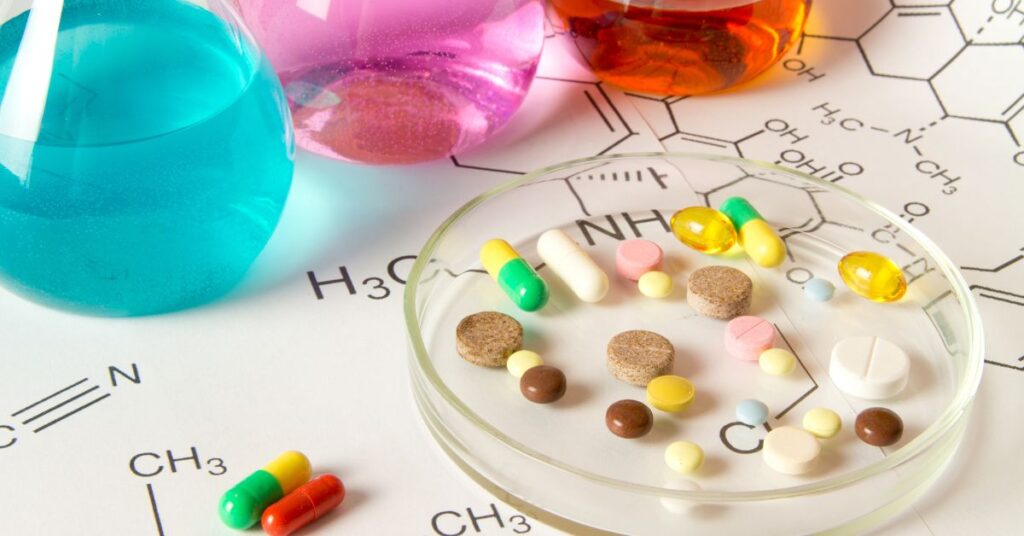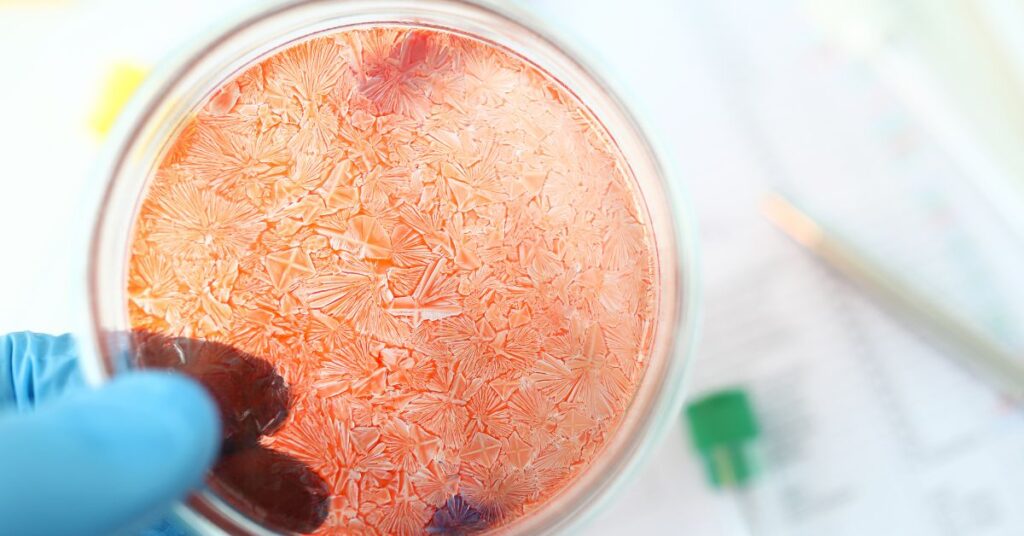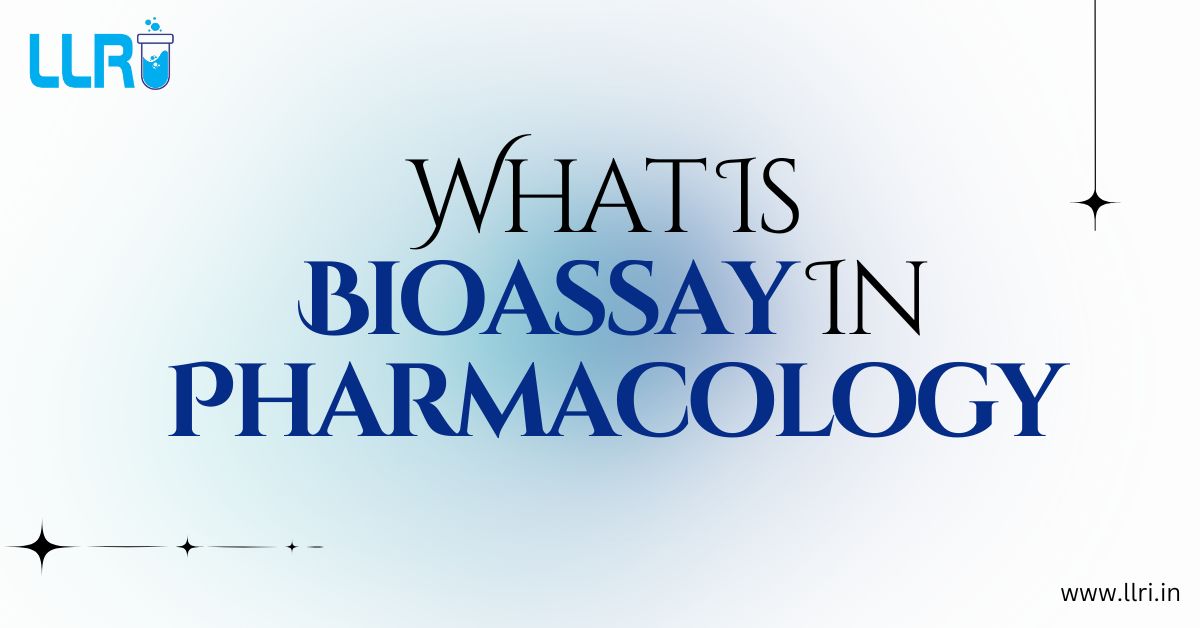What Is Bioassay In Pharmacology: Have you ever wondered how scientists ensure that a drug is effective and safe before it reaches the pharmacy shelves? Well, that’s where bioassays come into the picture!
They’re like a health check-up for medicines—evaluating how a substance interacts with living systems to measure its effectiveness and safety. Whether it’s a new vaccine or a life-saving medication, bioassays is integral to pharmacology and drug development.
So, if you’re curious about what is bioassay in pharmacology, read on and unravel its significance together.
What Is Bioassay in Pharmacology?
A bioassay, short for biological assay, is a scientific method used to evaluate the effects of a substance, typically a drug, on a living organism or tissue. It involves comparing the biological response induced by the test substance to that of a standard preparation.
According to the principle of bioassay in pharmacology, the response produced by a drug is directly proportional to its concentration. Bioassays focus on the safety and efficacy of pharmaceuticals before they reach the market. In fact, the importance of bioassay in pharmacology cannot be overstated—it acts as the bridge between laboratory research and clinical application.

Types of Bioassay in Pharmacology
Bioassays can be broadly categorized based on their approach and application. Here are the major types of bioassay in pharmacology:
1. Quantitative Bioassay
This type measures the biological response in relation to the dose or concentration of the drug. It is further divided into:
- Graded Response Bioassay: Observes the magnitude of the response.
- Quantal Response Bioassay: Measures the all-or-none response (e.g., survival or death).
2. Comparative Bioassay
In this method, the test substance is compared to a standard substance to measure relative potency.
3. Direct Bioassay
Here, the test substance’s activity is measured directly without the use of a reference standard. This type is less common but useful in preliminary studies.
4. Indirect Bioassay
In this method, the drug’s effect is indirectly measured by observing changes in a secondary variable (e.g., enzyme levels or biomarkers).
5. In Vivo and In Vitro Bioassays
- In Vivo bioassays involve whole living organisms.
- In Vitro bioassays use isolated cells, tissues, or organs.
Each type plays a unique role in pharmacology, helping researchers uncover the therapeutic potential and safety of substances.
Principle of Bioassay in Pharmacology
The principle of bioassay in pharmacology revolves around the idea that the biological effect of a substance is proportional to its concentration within certain limits. For instance, a higher dose of a drug will usually elicit a stronger response, but only up to a saturation point.
This principle makes bioassays a reliable method for:
- Determining drug potency
- Identifying the minimum effective dose
- Studying the mechanism of drug action

Applications of Bioassay in Pharmacology
Bioassays find applications in numerous areas, including:
- Drug development: Screening new compounds for biological activity.
- Pharmaceutical quality control: Ensuring consistency in drug production.
- Toxicology: Assessing the safety of chemicals and pharmaceuticals.
- Clinical research: Guiding the development of therapeutic protocols.
Many clinical research training centers, like LLRI, emphasize bioassays in their curriculum, as these techniques are indispensable in drug discovery and development.
Advantages and Disadvantages of Bioassay in Pharmacology
Advantages
- High sensitivity: Bioassays can detect even minute amounts of a substance.
- Realistic results: Observations are made in living systems, offering relevant insights.
- Versatility: Applicable to a wide range of substances and biological responses.
- Regulatory compliance: Ensures drugs meet safety and efficacy standards before approval.
Disadvantages
- Time-consuming: Bioassays often require long experimental durations.
- Ethical concerns: Use of animals or human subjects can raise ethical issues.
- Complexity: Requires specialized knowledge and equipment.
- Variability: Results can be influenced by biological and environmental factors.
Despite these challenges, the importance of bioassay in pharmacology cannot be ignored, as it ensures the delivery of safe and effective medications.
Limitations of Bioassay in Pharmacology
While bioassays are invaluable, they do have their limitations. However, modern advancements in pharmacological techniques aim to address these limitations, making bioassays more efficient and reliable.
- Biological variability: Different test subjects may respond differently to the same substance.
- Precision issues: Small errors in dosing or measurement can affect results.
- Resource intensive: Requires significant time, manpower, and infrastructure.
Importance of Bioassay in Pharmacology
The importance of bioassay in pharmacology extends beyond just research labs. Bioassays ensure the development of drugs that are both safe and effective for human use. They provide:
- A scientific basis for dosage recommendations.
- Insights into the mechanism of drug action.
- Data required for regulatory approvals.
If you’re pursuing a career in clinical research, learning all about bioassays is a must. The best institutes for PG Diploma in Clinical Research often incorporate bioassay methodologies into their courses to prepare students for real-world challenges.
Clinical Research and Bioassays: A Career Perspective
If you’re interested in bioassays and their role in pharmacology, pursuing a clinical research course can be a great career move. Many institutes offer specialized programs in drug development and pharmacological studies. Some courses even focus on:
- Advanced bioassay techniques
- Ethical considerations in pharmacology
- Applications of bioassay in clinical trials
In addition, the clinical research course fees vary depending on the institute, but investing in the right education can open doors to lucrative opportunities. Institutes like LLRI are known for offering top-notch programs, making them a preferred choice for students.

On A Final Note…
Bioassays remain a cornerstone of pharmacology, offering unparalleled insights into drug safety and efficacy. If you are a student pursuing a clinical research course, understanding what is bioassay in pharmacology and its related aspects can significantly elevate your knowledge and career prospects.
If you’re considering a career in this field, enrolling in a clinical research training center like LLRI can equip you with the skills and knowledge needed to excel. After all, the future of medicine lies in informed research, and bioassays are leading the charge.

